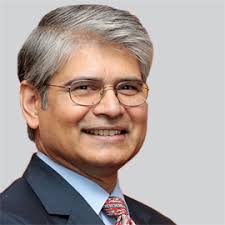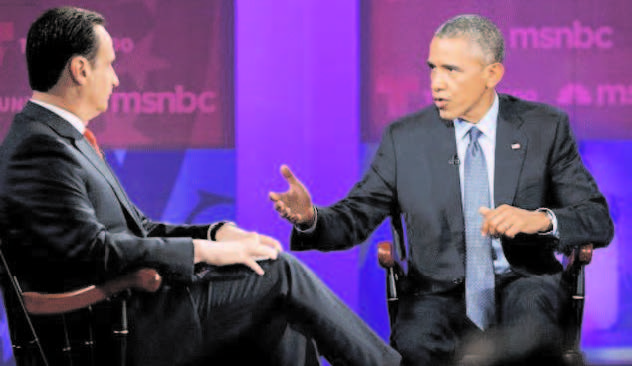
By Ambassador Asoke Kumar Mukerji
India’s international response to the challenge posed by the Covid-19 pandemic has demonstrated her global leadership as a reliable first responder to humanitarian crises.
India’s international response to Covid-19 exemplifies the continued relevance of Vasudhaiva Kutumbakam, seeing the world as one interdependent family.
The Covid-19 outbreak was termed a “public health emergency of international concern” on 30 January 2020. According to the WHO, the virus originated in the city of Wuhan in China, from where it was transmitted by human travelers to several countries across the world, including India. On 26 February 2020, India supplied 15 tons of medical assistance comprising masks, gloves and other emergency medical equipment on an Indian Air Force special flight to Wuhan as a gesture of solidarity in confronting Covid-19.
The Director General of the WHO declared the global Covid-19 outbreak as a pandemic on 12 March 2020. In a statement in Parliament the External Affairs Minister conveyed that India had taken pro-active action to bring back Indian citizens from the affected countries before restrictions on international air flights to India. These included three special flights to Wuhan in China, evacuating crew and passengers from a cruise ship off Japan, and sending medical teams to assist the repatriation of thousands of Indian nationals stranded in Iran and Italy. As the Minister said, “exceptional situations require an exceptional response”.
On 15 March 2020 Prime Minister Shri Narendra Modi took a major regional initiative to speak with the leaders of all SAARC countries through video conference. During this meeting, India announced five specific measures to prevent such infections from spreading across South Asia.
First, the creation of a Covid-19 Emergency Fund with an initial Indian contribution of $10 million.
Second, placing the services of an Indian Rapid Response Team of doctors and specialists with testing kits and equipment at the disposal of SAARC countries.
Third, training emergency response teams in SAARC countries.
Fourth, giving access to India’s Integrated Disease Surveillance Portal, including training on how to use it.
Fifth, creating a common Research Platform to coordinate research on epidemic diseases in the South Asian region, which would include common SAARC Pandemic Protocols.
The response to the Prime Minister’s initiative from her neighbors was overwhelmingly positive with contributions pledged to the Covid-19 Emergency Fund by Afghanistan, Bangladesh, Bhutan, Maldives, Sri Lanka and Nepal by 23 March 2020.
A follow-up video conference of SAARC Directors General of Health Services on 26 March 2020 emphasized the importance of community engagement and participation to augment the emergency measures undertaken by the governments of South Asia to combat Covid-19.
At the global level, in his role as the incoming Chair of the G-20 in 2021, Prime Minister Shri Narendra Modi had a phone conversation on 17 March 2020 with the G-20’s current Chair, Crown Prince Mohammad bin Salman of Saudi Arabia. The two leaders agreed that Saudi Arabia would convene a video conference of G-20 leaders to coordinate steps to counter Covid-19 and instill confidence in the global populace. 90% of the Covid-19 cases and 88% of the deaths have been in G-20 countries, which comprises 80% of the world’s GDP and 60% of the global population.
On 26 March 2020, the G-20 held a Summit by video conference Summit. Participants agreed to coordinate a global response to fight the pandemic, adopting measures to safeguard the global economy, minimizing trade disruption and enhancing global cooperation.
Before and after the G-20 Summit, the Prime Minister of India engaged in active telephone diplomacy with various world leaders from the five continents to discuss a viable framework for effective international cooperation to counter the spread of Covid-19.
Two special contributions of India to this international effort so far have been the supply of medicines like paracetamol and hydroxychloroquine to help partner countries, including the United States and European Union, to respond to the pandemic, and highlighting yoga exercises and Ayurvedic remedies to mitigate Covid-19 conditions.
India’s international response to Covid-19 exemplifies the continued relevance of Vasudhaiva Kutumbakam, seeing the world as one interdependent family.
(Ambassador Asoke Kumar Mukerj is a former Permanent Representative of India to the United Nations. The article here is originally a commentary Ambassador gave on All India Radio)






Be the first to comment